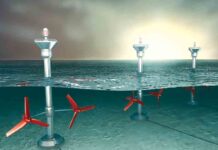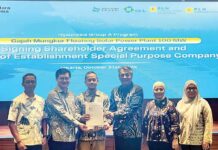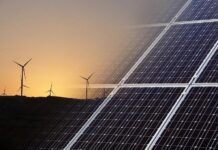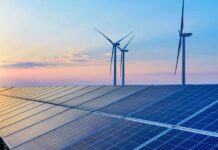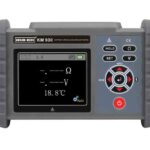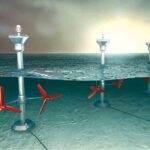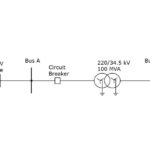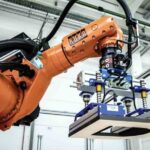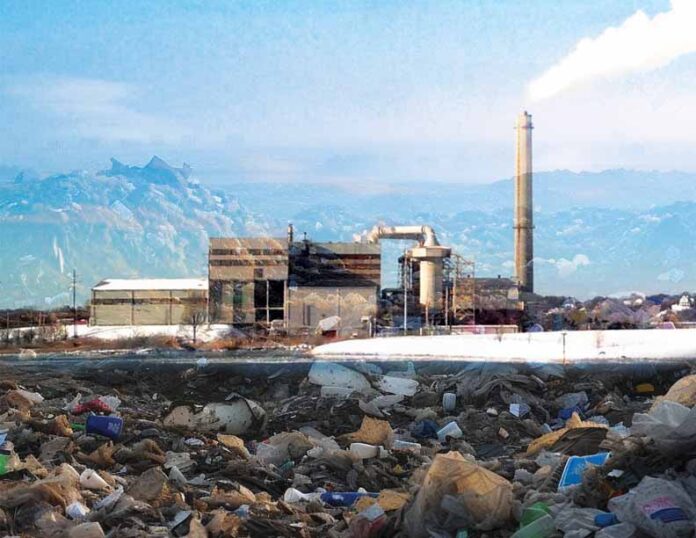
Bio power & WTE generation in India
Bioenergy refers to the energy derived from biological sources, known as biomass. Biomass is any organic material that comes from plants, animals, or microorganisms. Bioenergy is considered renewable because its sources, such as plants and organic waste, can be replenished through natural processes or agricultural practices. Unlike fossil fuels, which take millions of years to form, biomass can be regenerated relatively quickly.
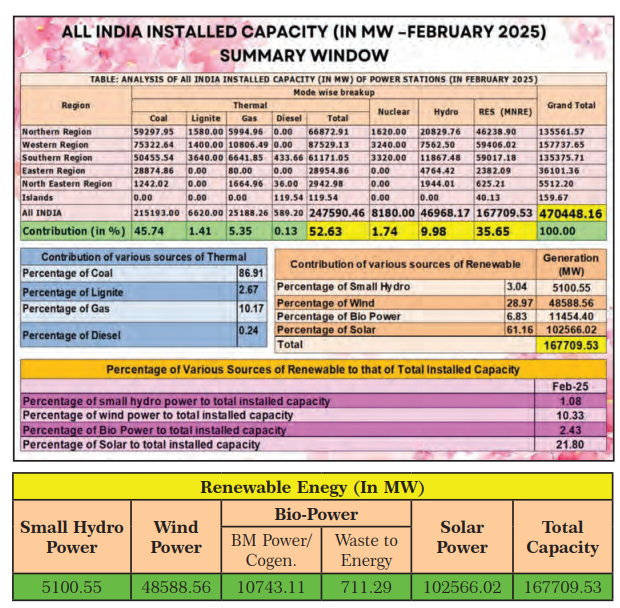
The details of total power generation in India and contribution of various renewable sources with respect to total generation are given in the Table 1 & 2 respectively.
WTE in India is an emerging sector with significant potential to address both waste management challenges and the growing energy demand. The country generates millions of tons of waste annually, with a large portion being organic. Converting this waste into energy, particularly through processes like anaerobic digestion and incineration, offers a sustainable solution for both waste disposal and power generation.
As of recent data, India’s total installed WTE capacity is approximately 711 MW, but this is expected to grow substantially. The government’s push for renewable energy and sustainable waste management solutions under initiatives like the National Clean Energy Fund (NCEF) and Smart Cities Mission has spurred investments in this sector. Currently, major cities like Delhi, Pune, and Bengaluru have operational WTE plants, but many more are in the pipeline.
Despite challenges such as lack of proper waste segregation, technological limitations, and high capital costs, India’s WTE sector is poised for growth. The country’s potential for WTE is significant, with estimates suggesting that India could generate up to 1,000 MW from waste by 2030 if the sector is developed efficiently. In addition to reducing landfill usage, WTE can contribute to India’s renewable energy goals, helping to mitigate climate change and promote a circular economy.
Concluded

Dr. Rajesh Kumar Arora obtained his B. Tech. and M.E. degrees in Electrical Engineering from Delhi College of Engineering, University of Delhi. He completed his PhD in grounding system design from UPES, Dehradun. He is also a certified Energy Manager and Auditor and has worked in 400kV and 220kV Substations for more than 14 years in Delhi Transco Limited (DTL). He has also worked as Deputy Director (Transmission and Distribution) in Delhi Electricity Regulatory Commission (DERC). Presently he is working in D&E (Design and Engineering) department of DTL.

Divyanshu Arora is Final Year Electronics and Communication Engineering student at Bharati Vidyapeeth’s College of Engineering, Delhi. He has a specialization in Renewable Energy from Coursera.com and he truly believes in the power of continuous learning. He even has earned specializations in Data Analytics, Fintech, IT Support and Machine Learning from Coursera. Embracing the digital landscape, he has also completed the Google Digital Garage’s Digital Marketing Certificate, equipping himself with the tools to thrive in the online realm.


